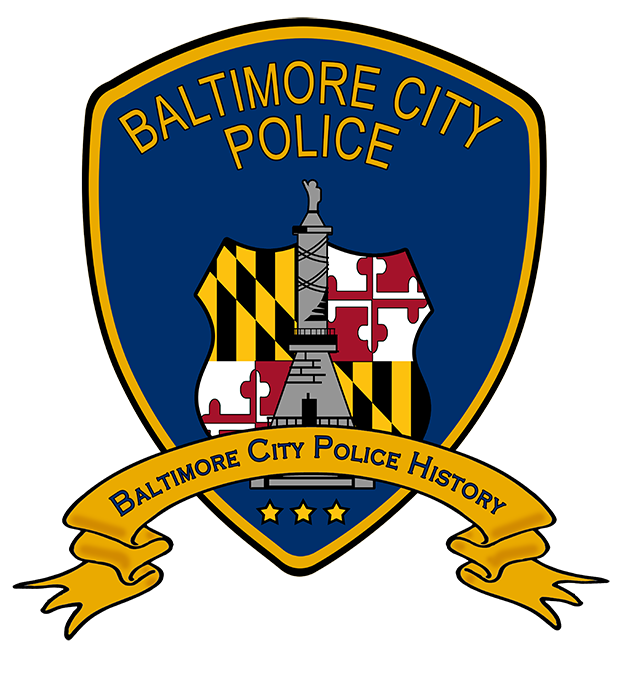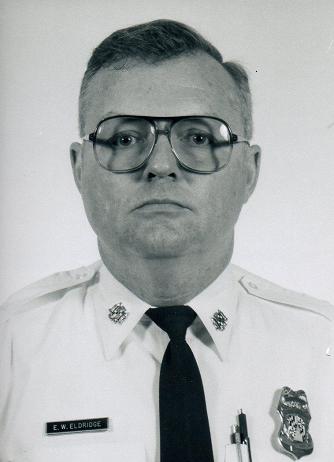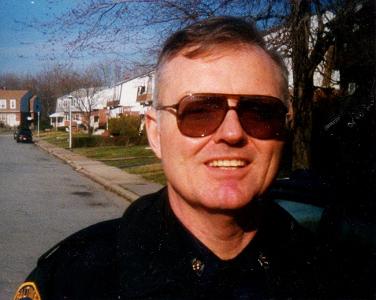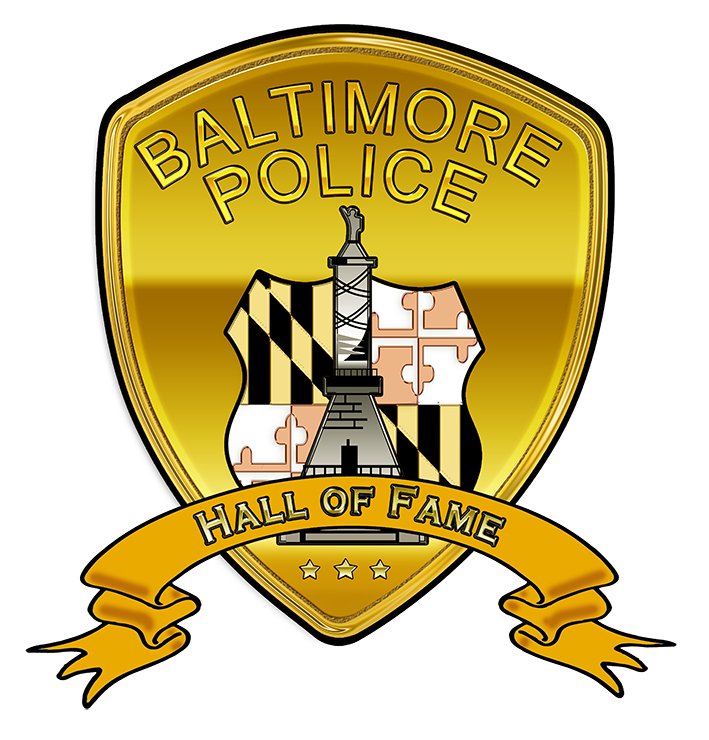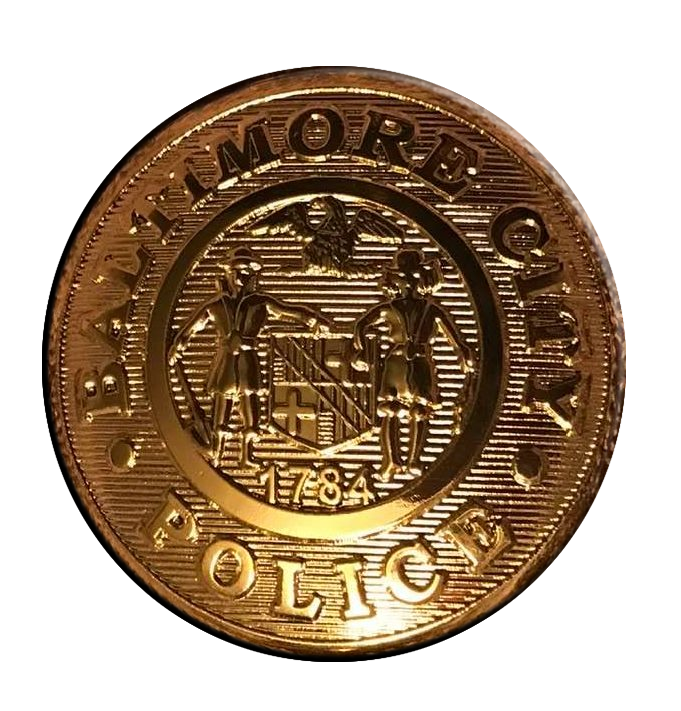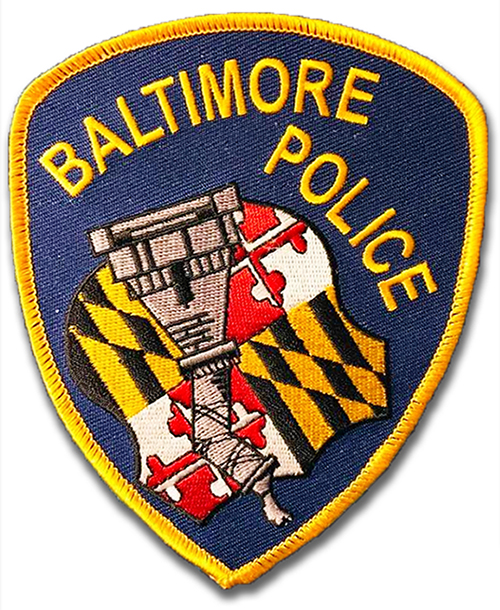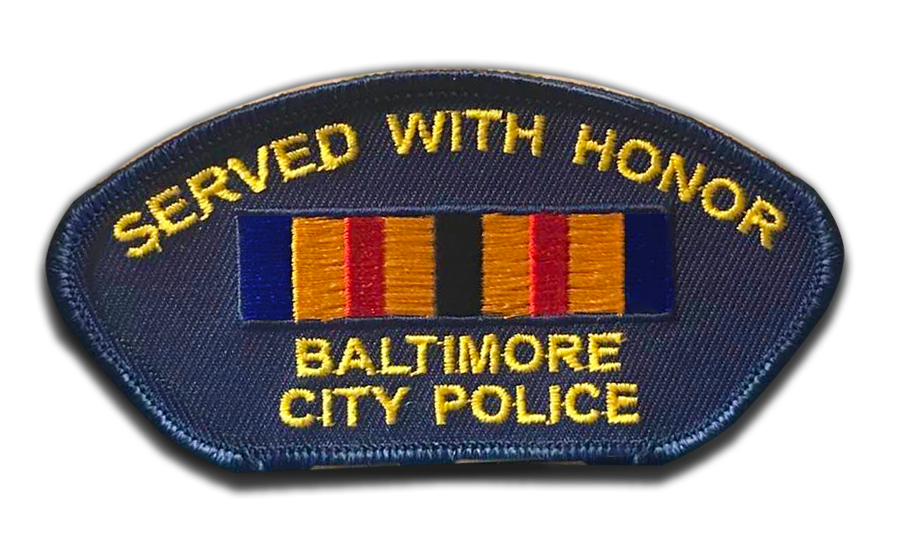SUN PAPER ARTICLE:
By Peter Hermann
February 9, 2009
Edward William Eldridge Jr. took his own life at the age of 62. He lived alone in a small semidetached, red-brick house on Daywalt Avenue in Northeast Baltimore. He had no wife, no known children, no brothers, no sisters, and his parents died years ago. He listed his only aunt as a beneficiary, but she, too, had passed away. He had no friends, at least none close enough or willing enough to stay with him at the hospital for a few hours so he could undergo the arthroscopic knee surgery he was scheduled to have on the day he died. He had nobody he could talk to or who could help him when he lost $100,000 of his retirement savings to the faltering stock market. Now Eldridge's body lies at Ruck Funeral Home in Towson - a viewing is scheduled for 6 p.m. to 8 p.m. tomorrow, memorial service at 11 a.m. Wednesday - his earthly remains saved from becoming a ward of the state and from a pauper's grave by the Baltimore homicide detective who got the case, went to the house and recognized the dead man as a colleague and an old acquaintance. He had "shot the breeze" with Eldridge years ago when the detective walked a foot post and the now-dead officer was the Police Department's Central District wagon man. His name, with rank attached, was Agent Edward William Eldridge Jr. He joined the Baltimore Police Department on Aug. 4, 1972, and retired Aug. 6, 1998. He had earned a degree in business and public administration from the University of Maryland, was drafted into the Army and sent to Okinawa to guard underground missile silos. "He served his country for two years and he served this city for 26 years," Detective Randy Wynn said after he claimed the body at the morgue. "At the very least he deserves a proper send-off." The detective is trying to get current and retired police officers to come to services for Eldridge, and he plans to display nearly two dozen certificates and commendations he found after spending days digging through boxes and bags at the house where Eldridge grew up and died. Wynn found a neighbor who told him Eldridge fixed bicycles for the kids - there were parts scattered in his basement - and gave them money for candy. There were 40 names in Eldridge's address book, and Wynn called them all. Every single number went to a business where people had dealt with Eldridge but didn't really know him. Only his retired accountant thought Eldridge's demeanor had soured - "that he didn't seem the way he used to be," Wynn said. He had lost contact with the cops he had worked with, most recently in the Northeast District. He was so alone that he worried nobody would find his body after he died - maybe they wouldn't care enough to even look. It was Jan. 29, a Thursday, at 9:09 in the morning, the day his surgery was scheduled, that he called 911 and told an operator, "Ma'am, I'm planning to shoot myself." His voice was as steady and cavalier as someone ordering a pizza. He was polite, not a trace of urgency or hesitation. "I don't want the body to stink up the neighbor's house," he said into the phone. The operator asked whether he had any weapons, and he said he had two. She asked where he was, and he told her he was in his upstairs back bedroom, and that he had left the front door unlocked so officers could get inside. He had a .40-caliber Glock and a .38 Smith & Wesson revolver. Eldridge chose the Glock - the kind of gun carried by city police - to end his life. The operator was still on the line when he pulled the trigger. It's hard to imagine being so alone, and the extent and reason for whatever emotions caused him to take his life may never be fully known or understood. For Detective Wynn, who gets paid to immerse himself in this city's overabundance of death and despair, this case is a stark reminder that people need to help each other and ask for help for themselves. Wynn could have shoved this file aside, written a perfunctory report and moved on. But he is driven to get others to care about a man who should not have been allowed to die as he lived - without family, without friends, without someone knowing even a little about him. For the detective, who has spent 40 years on the city force, it's a lesson to get friends outside the job. "When you're in uniform, everybody knows who you are," he said. "Then all of a sudden you retire, and nobody knows who you are. After being in his house and reading his stuff for 12 hours, I realized he didn't have a friend in the world." Eldridge was born June 27, 1946, at Union Memorial Hospital and grew up on Daywalt Avenue. His parents were both from Philadelphia; his father worked as a clerk at Sparrows Point. He graduated from Polytechnic Institute in 1964 and headed off to the University of Maryland. Wynn made a list of Eldridge's varied and prodigious studies: introduction to business; introduction to philosophy; public speaking; introduction to world literature; general chemistry; Western civilization; social psychology; principles of government and politics; accounting; marketing principles and organization; auditing theory; income tax accounting; business statistics; and civil rights law. The Army drafted him the year he graduated, 1968, but he was spared Vietnam and sent to train for a year at Fort Bragg in North Carolina and the Redstone Arsenal in Alabama, where he earned a marksman's badge for the M-16 before heading off to Japan. While on duty there, he had a security clearance, studied the Japanese language, attended a law enforcement program and rose to the rank of sergeant. Wynn found Eldridge's honorable discharge papers, dated June 14, 1971, along with two letters of appreciation signed by President Richard M. Nixon and Army Gen. William C. Westmoreland.
He returned to Baltimore, bought a house on Homestead Street in Better Waverly and joined the police force. Eight years ago, he moved back to Daywalt Avenue to take care of his sick mother. Neighbors said they rarely saw him and that he kept his windows covered. Wynn found piles of books, Western movies and boxes filled with documents that shed some light on Eldridge's personality, and how he kept meticulous records of the most mundane chores. There was a log of "every gallon of gas he ever bought," Wynn said. Curiously, it appears that Eldridge kept the records for records' sake and not to track mileage. He kept a similar list of visits for Halloween and how much money he spent on the small candy bars he handed out. In 2000, 52 kids came to his door; in 2001 it was 18, a year later 31 and a year after that 52. It topped 61 in 2005 and dropped to "only eight children" last year. He spent between $94 and $159 on candy each year. Why he compiled these lists might remain as mysterious as to why he took his life. In a suicide note found at the foot of his bed, neatly written in cursive and taking up a full page of notebook paper, Eldridge went on at length about his surgery, scheduled for that day at 2 p.m. at Franklin Square Hospital Center. He had saved the doctor's instructions reminding him not to eat that day and had written notes to himself about what time to call a taxi to take him to the hospital. He had later made arrangements with officers at the Northeastern District to give him a ride to and from Franklin Square, but he had nobody to stay with him during the procedure, a requirement. He wrote that he was afraid he would be sent home and that doctors might learn his backup plan was suicide. He was afraid of being committed. Eldridge, fully clothed, lay on his back on his bed and called 911. The final sound on the tape is a gunshot followed by the operator's scream. Wynn said Eldridge actually shot himself twice, the first time through his right jaw, then in a split second he turned his head and shot himself above the left ear. His Glock was still in his right hand when police arrived. The detective has played the tape for his colleagues. "Everyone up here who has heard it has never heard anything like that," he said. "Ever." Regarding the viewing Lt. Tom Douglas arrived at 6:00 PM and there were uniformed police leaving. As he entered the second floor, the room was large and occupied by uninformed, plain clothed, young and retired officers. He said he would venture to say at one point there were over 200 police on that floor and in the room. Retired Police Commissioners Bishop Robinson and Ed Woods and current police commissioner Fred Bealefeld also came. The Northeastern District Commander came as did other Officers, Agents, Detectives, Sergeants, and Lieutenants. Several motor officers were out front and also saw retired Deputy Commissioner John Gaverelis was there as well. It was the general consensus Detective Wynn did an outstanding job on making the arrangements and getting the word out. There were photos of Ed and his family around the room, his Army duffel bag, and uniform, his badge was in the coffin with a lone bouquet of flowers. There were a couple flower arrangements besides the unpretentious casket which was closed. Many officers would approach, kneel by its side and either say a prayer or their goodbyes. Detective Wynn did an outstanding service for this officer, our department and for the men and women that were now afforded a chance to say their goodbye to this kind, yet lonely, an officer that was too lonely to call for help.
GOODBYE EDDIE, if you had only known.
KGA 161........ KGA to 161..........161 is 10-7
An outstanding piece of Police work by Detective Randy Wynn. His dedication to duty is only outweighed by his compassion. Detective Wynn’s handling of this incident exemplifies what it means to be a COP and especially a BALTIMORE COP. We are family and he took his “Brother” to his maker in the manor any family member would do. Thanks, Detective Randy Wynn for bringing this tragedy to light and may this never ever happen to another one of our own. MESSAGE FROM BRPBA CHAPLAIN TIM RABBIT:

